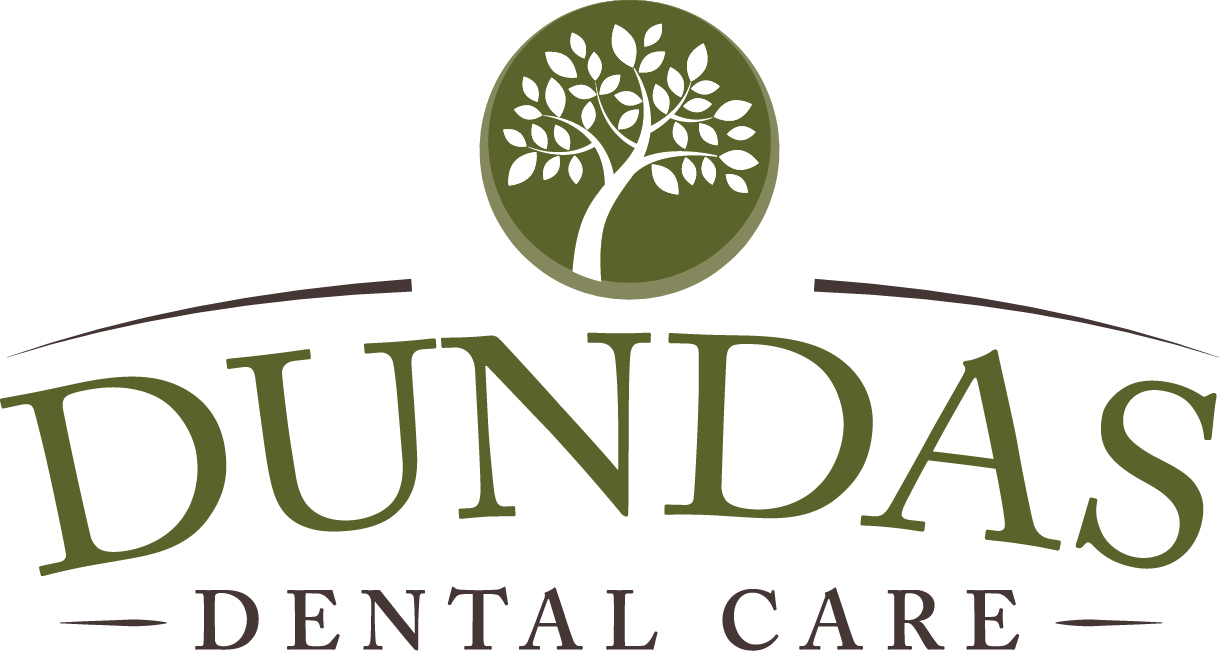
Jaw Pain Is Not Normal.
Experiencing jaw pain on a daily basis may lead you to believe it is normal. However, jaw pain is not typical and could be a symptom of Temporomandibular Disorder (TMD) affecting one or both of your Temporomandibular Joints (TMJs). These joints, located in your lower jaw, can become inflamed due to disease or misalignment, resulting in pain and other symptoms.
- Signs of TMJ disorder (TMD) include:
- Headaches
- Earaches and tenderness around the ear
- Pain and tenderness in the face or jaw
- Muscle pain in the neck, shoulders, and upper back
- Ringing in the ears
- Clicking, popping, or grinding of the jaw
- Difficulty chewing, yawning, or opening your mouth
How Do We Diagnose And Treat TMJ Disorder?
Diagnosis
The initial step in addressing TMD (Temporomandibular Joint Disorder) involves a thorough clinical examination, focusing on your facial structure, jaw, bite, joints, and teeth. During your appointment, we will assess any discomfort or sensitivity and listen for any clicking or popping sounds when you perform movements like opening and closing your mouth, swallowing, or chewing. Upon diagnosis of the disorder, one common recommendation for initial treatment is the use of a bite splint or night guard. These aids can help alleviate symptoms and provide relief.
Treatment and Relief
As part of our treatment approach, we utilize custom-made plastic mouthpieces known as bite splints. These specially designed devices are created to fit comfortably over your upper and/or lower teeth. By wearing these splints, you can effectively prevent the grinding and clenching that often leads to the development or exacerbation of TMD symptoms. Additionally, the splint helps realign the jaw, relieving stress on the surrounding area and promoting a more balanced bite.
Alternative Treatment Options
In cases where misaligned bite or missing teeth contribute to your symptoms, we may propose orthodontic treatment or restorative dental procedures as potential solutions. By addressing the underlying issues, such as misalignment or tooth loss, we aim to alleviate your symptoms effectively. If your bite is exerting excessive pressure on the temporomandibular joints (TMJs), we may recommend reshaping specific teeth to redistribute the biting forces evenly, promoting a more harmonious and balanced bite.
Contact us today
to schedule an initial consultation & exam.
Your consultation will include an examination of everything from your teeth, gums and soft tissues to the shape and condition of your bite. Generally, we want to see how your whole mouth looks and functions. Before we plan your treatment we want to know everything about the health and aesthetic of your smile, and, most importantly, what you want to achieve so we can help you get there.
Frequently Asked Questions
TMJ is an abbreviation for Temporomandibular Joint, which refers to the joint connecting the jawbone to the skull. When there is misalignment or inflammation in this joint, it is known as Temporomandibular Joint Disorder, often referred to as TMD.
Common signs and symptoms of Temporomandibular Joint Disorder (TMD) include pain and tenderness in or around the ear, the jaw joint, or the muscles of the jaw, face, or temples. You may also experience difficulties in opening or closing your mouth, as well as a clicking, popping, crunching, or grinding noise when you chew, yawn, or open your mouth. It is worth noting that TMDs can be associated with neck pain and headaches as well.
Temporomandibular Disorder (TMD) is typically caused by a combination of factors, including jaw injuries and joint diseases such as arthritis. Additionally, habits like tooth clenching or grinding (bruxism) and tension in the head or neck muscles can worsen TMD symptoms. Stress may also play a role, although it is not entirely clear if it causes TMD or is a result of it. Other potential factors contributing to TMDs include ill-fitting partial or full dentures, as well as certain habits like nail biting or pen/pencil biting. Due to the various causes involved, diagnosing TMD can be challenging. To better understand your jaw pain symptoms, it is recommended to schedule an appointment with a dental professional. They can provide a comprehensive evaluation and accurate diagnosis
Headaches can have numerous potential causes, and it is often necessary for a healthcare professional to conduct a physical examination in order to determine the specific cause of your headache.
In the majority of cases, TMJ pain can be effectively managed with non-invasive treatments and therapies. Surgical intervention for TMD is extremely rare and typically considered only in exceptional circumstances. Your well-being and satisfaction are paramount to us. We are committed to providing you with comprehensive information about all available options, prioritizing the safest and most straightforward approaches, and ultimately respecting your final decision regarding the next steps in your treatment.








